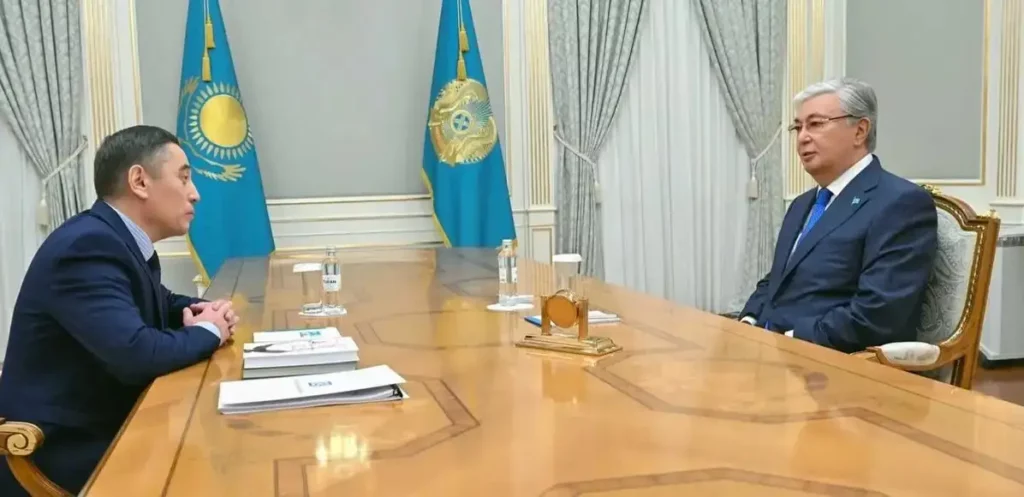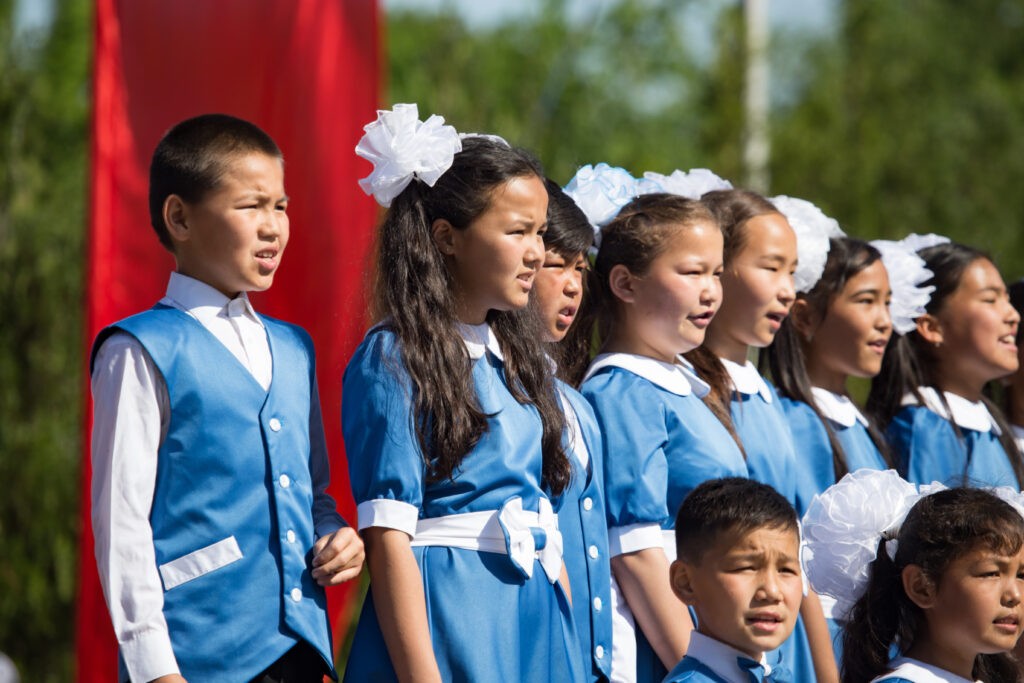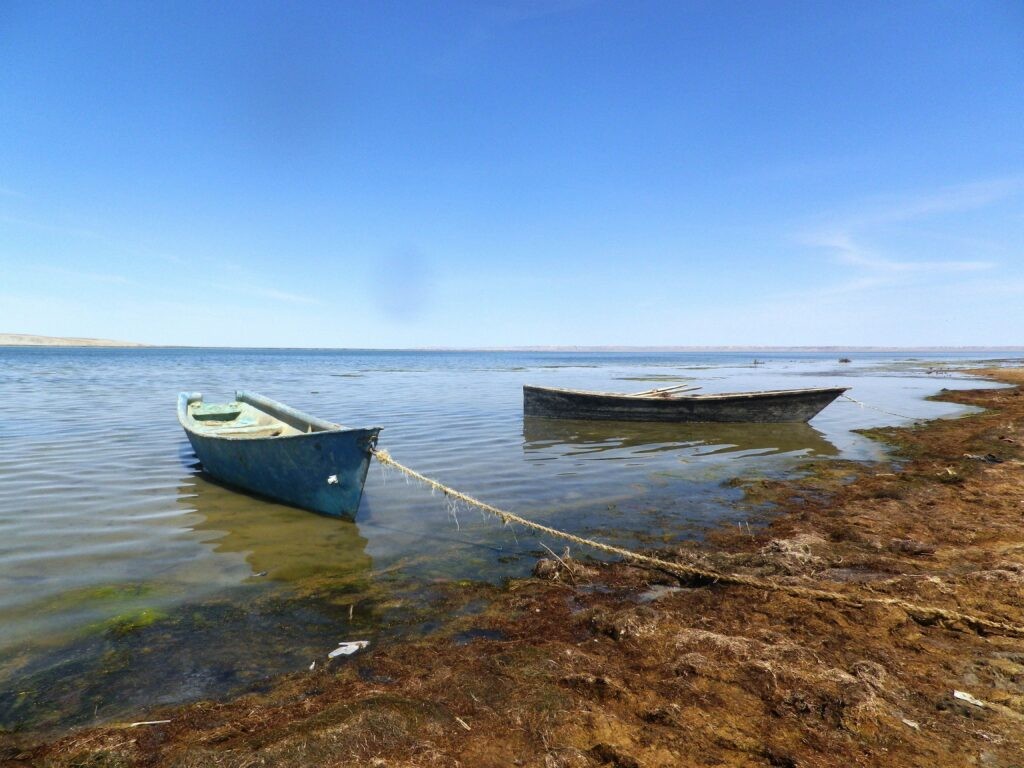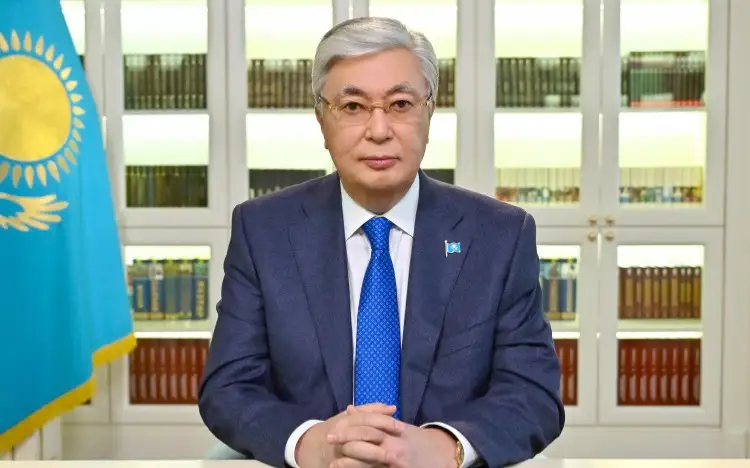Kazakhstan President Tokayev: “As a progressive nation, we should look only forward”
“As a progressive nation, we should look only forward”, said President Kasym-Jomart Tokayev in an interview with Egemen Qazaqstan newspaper, stressing the importance of focusing on long-term goals and placing “national values at the center”. The interview, published on January 2, 2024, included frank discussions on many topics ranging from the government’s “constructive and balanced” foreign policy to its extensive reforms in political, social and economic arenas, while also covering uneasy issues such as the “complex and tense” events of January 2022, which devolved into an attempted violent seizure of power by criminal groups and risked pushing the country into chaos. On foreign policy, Tokayev summarized his government’s “unchanged” priorities as “ensuring the inviolability of the country's sovereignty and territorial integrity, protecting the rights and interests of the citizens of Kazakhstan, and creating favorable external conditions for sustainable economic growth.” The interview revealed key insights on Kazakhstan’s relations with powerful neighbors Russia and China, as well as the country’s strengthening international role, such as through hosting the International Astana Forum, and the One Water Summit with France in 2024. On political reforms, Tokayev highlighted that Kazakhstan was the only country in its geopolitical environment to have undergone large-scale democratic transformations and progressed towards protecting human rights. Some of the advancements detailed in the interview include political modernization and implementing a fairer and more balanced political system, including expanding powers of the elected Majilis [parliament] and eliminating the “super presidential powers”. Tokayev described the political reforms to date as “irreversible”. In terms of economic achievements and goals, Tokayev said the goals he set for the economy in 2023 (i.e., to double the GDP to $450 billion by 2029) were “achievable” while stressing that Kazakhstan had the most significant nominal GDP growth in Central Asia in 2023. He described his government’s new approach to economic management, specifying large industrial projects, attracting investment and asset recovery as components of one direction and, on the other, highlighting systemic reforms such as new tax and budget codes as well as new laws on public procurement and public private partnerships to increase transparency. On other issues, he reiterated his vision for the future of energy security as including clean nuclear energy. He also maintained his support for the country’s younger generation of professionals, including in government positions, and touched upon the government’s efforts to further counter domestic violence. The full text of the interview, translated from Kazakh, is given below: EQ: Thank you, Kasym-Zhomart Kemelevich, for finding time in your busy work schedule for an interview with the newspaper Egemen Qazaqstan. The Kazakh press has been waiting for your opinion on issues of concern to our society. Therefore, today I would like to talk to you frankly on these topics. What was memorable for you last year? KJT: I would like to take this opportunity to once again congratulate all compatriots on the New Year! The year 2023 was a year full of significant events for our country. We have come to the completion of...








